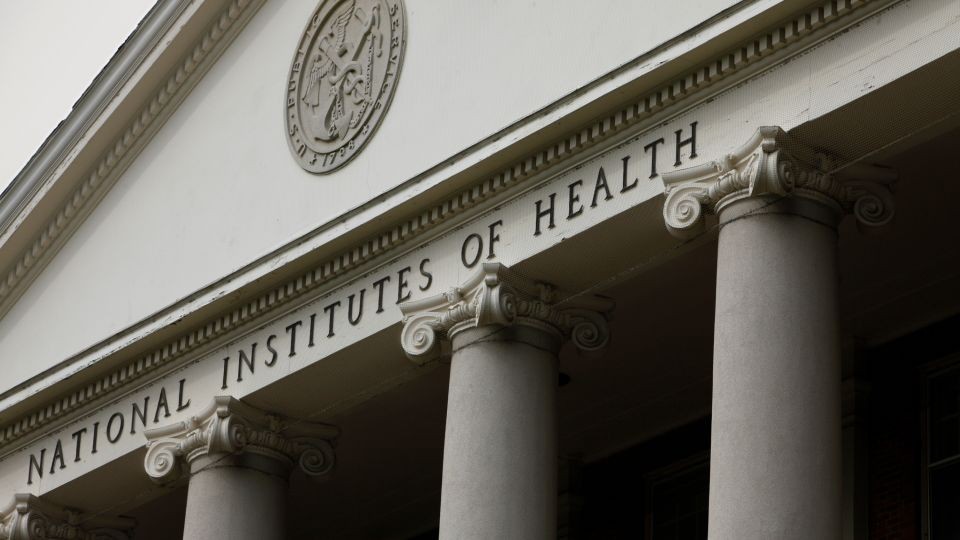
In an unprecedented move, the National Institutes of Health (NIH) has abruptly canceled grant review meetings and implemented a sweeping communications freeze, leaving researchers and healthcare professionals stunned and concerned about the future of medical research in the United States.
The sudden halt affects critical grant review panels, known as "study sections," where scientists evaluate research proposals worth between $2 million to $10 million. These panels typically involve 20-30 experts who assess projects in their specialized fields.
"I've never seen a complete pause like this as part of a transition," said Chrystal Starbird, a cancer researcher at the University of North Carolina School of Medicine, whose scheduled panel participation was unexpectedly canceled.
The disruption extends beyond grant reviews. The Department of Health and Human Services (HHS), which oversees the NIH, FDA, and CDC, has paused all external communications, including health advisories, scientific reports, and website updates. Staff travel to conferences and workshops has also been suspended.
The impact on medical research could be substantial. As the country's largest public biomedical research funder, providing approximately $40 billion annually, the NIH plays a pivotal role in supporting research that leads to medical breakthroughs and treatments.
"Everything is basically in chaos. And, frankly, everyone is terrified," said Victoria Seewaldt, chair of population sciences at City of Hope Comprehensive Cancer Center. "This is like a meteor just crashed into all of our cancer centers and research areas."
The delays could directly affect patient care. Amanda Gillespie, a professor at Emory School of Medicine, had her $2.5 million funding proposal meeting canceled without notice. "It just feels like everything is in limbo," she said, highlighting the uncertainty researchers now face.
Rescheduling these complex meetings poses significant challenges. The sessions require extensive preparation - often 40-60 hours - and coordinate schedules of leading researchers, including Nobel Laureates, making quick reorganization unlikely.
The scientific community expresses growing concern about potential long-term consequences. If the pause continues, grants and clinical trials may go unfunded, potentially delaying critical medical advances and treatments for patients in need.
As the situation unfolds, researchers await clarity on when - or if - normal operations will resume, while grappling with unprecedented disruption to America's medical research infrastructure.